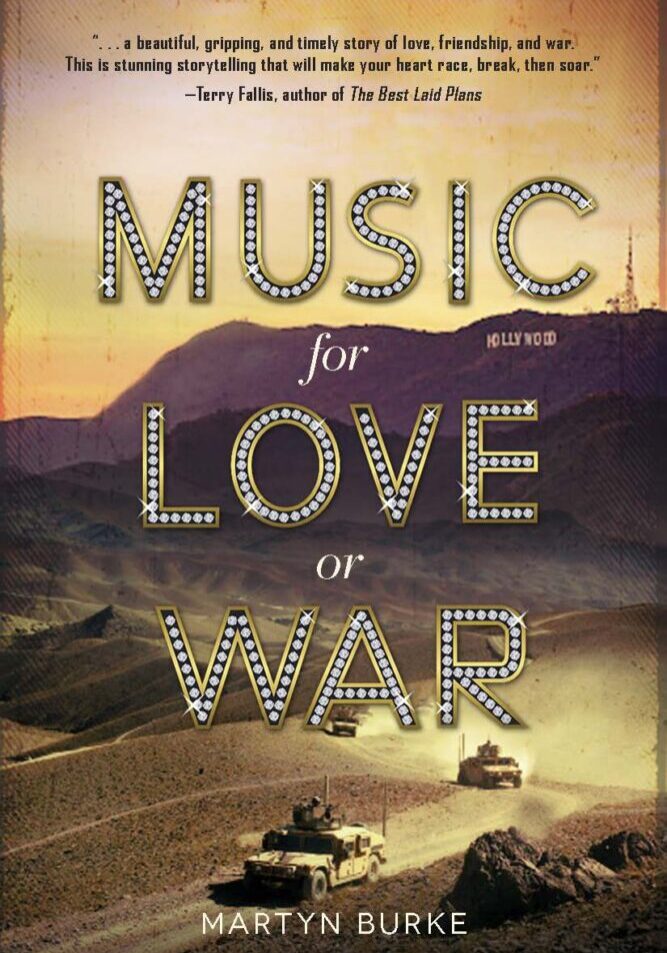In 701 B.C. the Assyrian empire was in its ascendancy. It had already vanquished the kingdom of Israel to the north including the capital at Samaria. It then prepared an assault on Judah and its capital at Jerusalem.
But in one of those significant events that changes the course of world history, Assyria was repelled. Jerusalem was saved until 586 B.C. when the Babylonians sacked the city, forcing its leadership class into exile.
Henry Aubin, in a major feat of scholarship, determines that Jerusalem was aided by a Kushite army from Africa which had marched northeast from the Nile valley. While the Bible attributes the Assyrian retreat to an angel and secular commentators cite pestilence, Aubin, in a meticulously documented work, demonstrates that an alliance with the African nation of Kush bolstered Jerusalem’s defences.
Kush, also known as Nubia, was located in what is now southern Egypt and northern Sudan. A monarchy that existed for more than 1000 years, from 900 B.C. to A.D. 350, Kushites held sway over Egypt from 712 B.C. to about 660 B.C. Of Egypt’s 31 dynasties, this, the 25th Dynasty, is the only one that all scholars agree, was black.
The commander of the Kushite expeditionary force was Taharqa (or as the Bible calls him Tirhakah). This Kushite prince, who had his own interests in halting Assyrian expansion, likely caught the aggressors by surprise as they prepared their siege of Jerusalem.
Aubin offers a thrilling military history and a stirring political analysis of the ancient world. He also sees the event as influential over the centuries.
The Kushite rescue of the Hebrew kingdom of Judah enabled the fragile, war-ravaged state to endure, to nurse itself back to economic and demographic health, and allowed the Hebrew religion, Yahwism, to evolve within the next several centuries into Judaism. Thus emerged the monotheistic trunk supporting Christianity and Islam.

Martyn Burke works in a multitude of worlds, moving between novels, films, and documentaries. He has published six highly acclaimed novels, been nominated for Emmys, as well as Director’s and Writer’s Guild awards for his feature and television films. He has made award-winning television and theatrical documentaries including the Academy Award-short listed Under Fire: Journalists in Combat, and co-wrote the classic comedy film Top Secret. He divides his time between Los Angeles and Toronto.
Music For Love or War
Comic ironies and absurdities abound in this love story set against the thunderous clash of civilizations.
In the blistered landscape of Afghanistan, a small unit of US soldiers is dependent on the Internet connection to Constance, a Hollywood psychic who provides advice on tactics in love and war.
Two men in particular seek her out. Danny, a sniper who has been up close and personal with his Taliban prey, tortures them by blaring the music of Liberace from the mountain peaks. He also displays a giant portrait of Liberace prancing in a white sequined costume, bringing a bizarre bit of Las Vegas to the Afghan killing fields, and enraging the Taliban. Danny’s obsession is finding his high school sweetheart Ariana whose terrorist father married her off to a brutal warlord. Can Constance help?
His friend Hank has fled to the Afghan war to distance himself from the decadent world of Hollywood which has swallowed his beloved in its rapacious drug and celebrity culture. Constance receives them when they use their home-leave to visit her.
This also is the story of a friendship forged through trials of love and danger. Will Hank and Danny survive and prevail? Can they rescue the women they love? Music For Love or War is a soaring love story and a literary tour-de-force.
Martyn Burke knows war-riddled Afghanistan where he has filmed documentaries. He knows Los Angeles where he lives and works. And he knows about terrorist families based in multi-cultural Toronto, his second home. In 2012, his feature documentary Under Fire: Journalists in Combat won a Peabody and was short-listed for an Academy Award. He is now writing a pilot for an HBO mini-series based on his 1984 novel The Commissar’s Report.